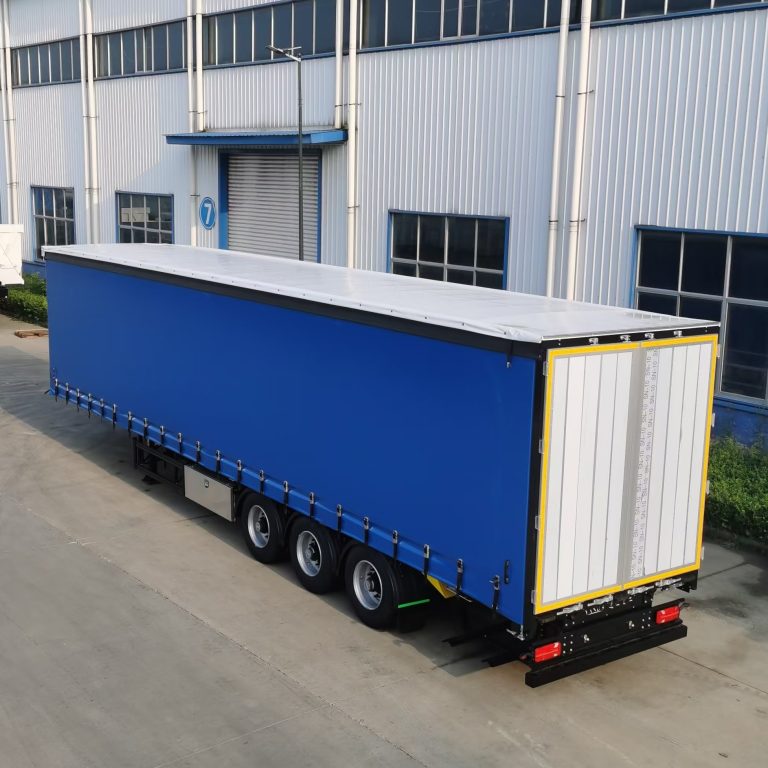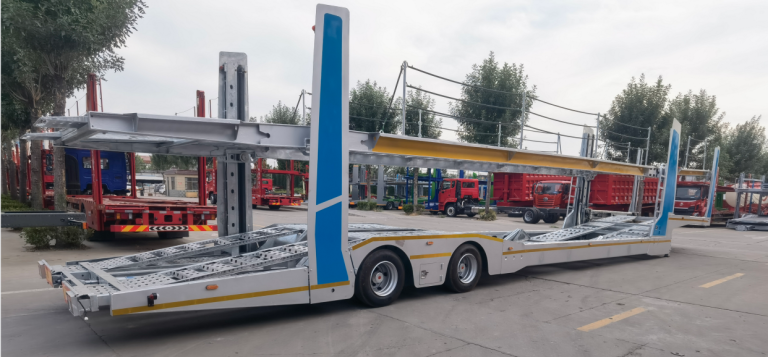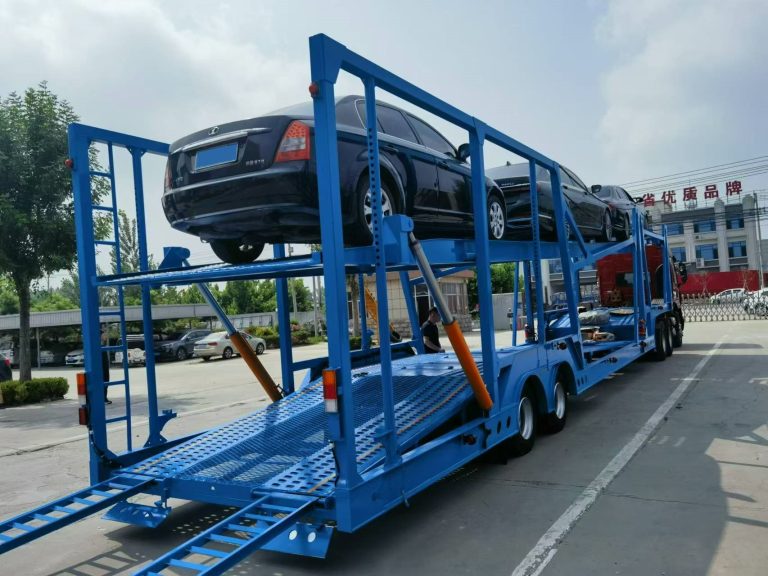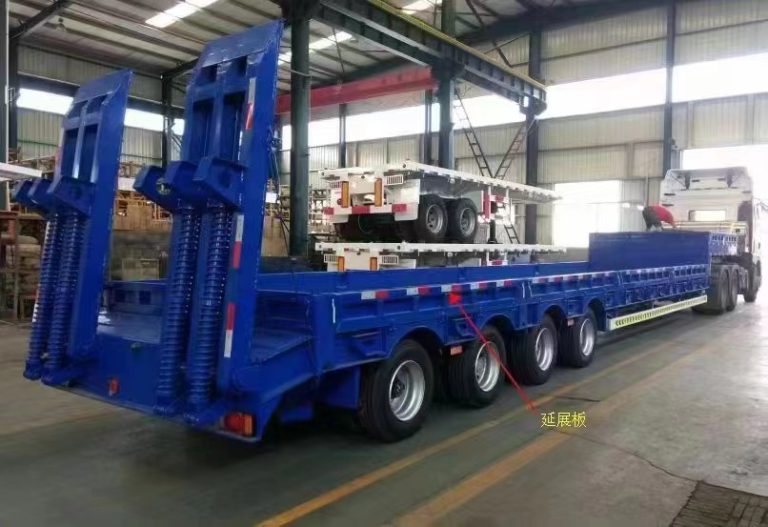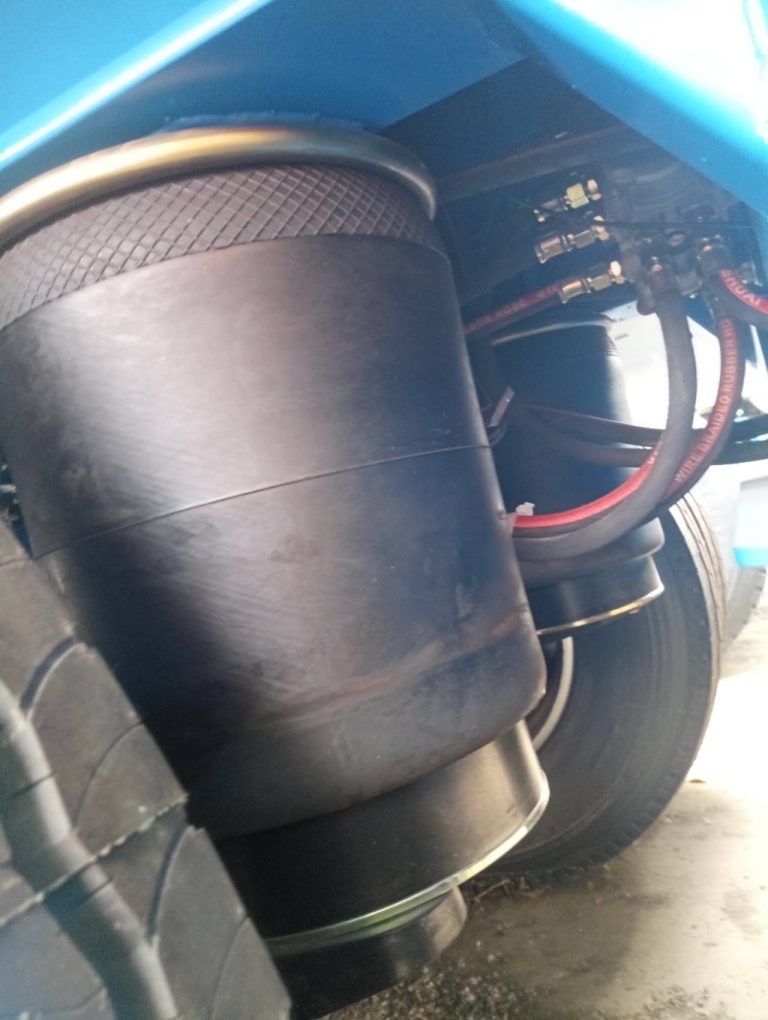As an important part of modern society, transportation vehicles have attracted much attention for their technological progress and future development. With the continuous advancement of science and technology, transportation vehicles have made significant progress in power systems, intelligence and environmental protection, laying a solid foundation for future development.
The advancement of power systems is one of the important directions for the development of transportation vehicle technology. Although traditional internal combustion engine power systems have achieved great success in the past few decades, their energy consumption and emission problems have become increasingly prominent. In order to solve these problems, electric vehicles and hydrogen fuel cell vehicles have gradually become new development directions. Electric vehicles have attracted attention and application due to their zero emission and noise characteristics. Companies such as Tesla and Yadi have made remarkable achievements in the field of electric vehicles and promoted the popularity of electric vehicles. Hydrogen fuel cell vehicles have become one of the important development directions of future transportation vehicles due to their hydrogenation potential. Companies such as Toyota and Hyundai have also made important breakthroughs in the field of hydrogen fuel cell vehicles, providing new options for future green transportation.

The application of intelligent technology is another important direction for the future development of transportation vehicles. With the development of artificial intelligence, big data and Internet of Things technology, intelligent transportation systems are gradually becoming a reality. Autonomous driving technology is an important part of intelligent transportation. Through sensors, radar and other equipment, autonomous vehicles can navigate, avoid obstacles and drive. Companies such as Google and Baidu have made significant progress in the field of autonomous driving technology, and the commercial application of autonomous vehicles is just around the corner. In addition, the intelligent transportation system also includes Internet of Vehicles technology, which enables real-time sharing and efficient dispatch of traffic information through communication between vehicles and vehicles, improving traffic efficiency and reducing traffic congestion.
Environmental protection is an important consideration for the future development of transportation vehicles. As global climate change and environmental pollution problems become increasingly serious, the environmental protection of transportation vehicles has received more and more attention. In addition to electric vehicles and hydrogen fuel cell vehicles, hybrid vehicles are also an important environmentally friendly means of transportation. Hybrid vehicles achieve a balance of emissions by using the internal combustion engine and electric motor to work together. In addition, lightweight design and material application are also important means to improve the environmental protection of transportation vehicles. By using lightweight materials such as strong steel, aluminum alloy, and carbon fiber, the weight of the vehicle can be reduced, fuel efficiency improved, and emissions reduced.

